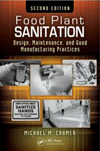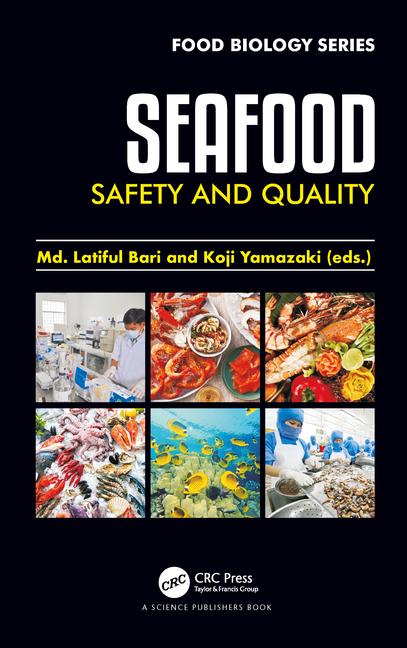Thomson Reuters and NPR developed the monthly poll to gauge attitudes and opinions on a wide range of health issues. The topic of food safety was first addressed in July 2010. Survey respondents were asked the same questions in 2011 to chart changes in sentiment.
This latest survey in the series found 57 percent of consumers were concerned with the safety of their food, down from 61 percent a year ago. At the same time, nearly twice as many respondents reported that they recently contracted a serious food-related illness. Among respondents who contracted a food-borne illness in the last three months, 22 percent said it was serious -- up from 12 percent in 2010. Lower income appears to be a significant factor in food safety concerns: 68 percent of respondents who earn less than $25,000 per year were concerned with the safety of their food.
When asked about specific foods, 44 percent of respondents said they were most concerned with the safety of meat, followed by poultry (30 percent), seafood (20 percent) and dairy products (6 percent) -- all lower levels of concern than were seen in the 2010 survey.
To date, Thomson Reuters and NPR have explored views on numerous healthcare topics, including generic drugs, abortion, vaccines, food allergies, and organic and genetically modified foods. NPR's reports on the surveys are archived at www.npr.org/templates/archives/archive.php?thingId=137038712&ps=sh_sttag.
Source: Thomson Reuters




